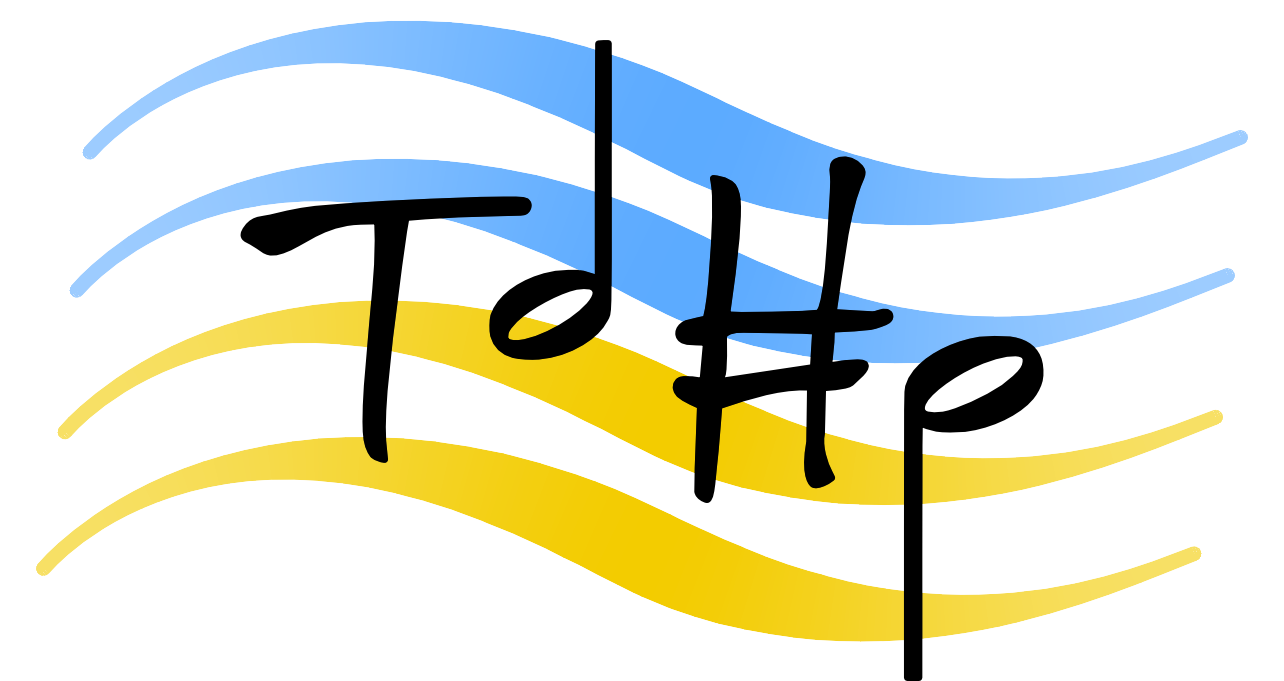Thomas de Hartmann (1884-1956)
Concerto for piano and orchestra, Op. 61 (1939)
Symphonie-Poème No. 3, Op. 85 (1953)
Scherzo-fantastique, Op. 25 (1929)
Elan Sicroff (piano)
Lviv National Philharmonic Orchestra of Ukraine/Tian Hui Ng
rec. 2021, National Philharmonic Hall, Lviv, Ukraine
NIMBUS ALLIANCE NI6429 [70]
This is a further instalment in ‘The Thomas de Hartmann Project’ initiated by pianist Elan Sicroff and guitarist Robert Fripp (piano works ~ chamber works~ songs). It’s not normal to begin a CD review with comment on current affairs, but for a composer whose life was disrupted by two world wars it is a heavily ironic tragedy that the orchestra making this recording is in a country now once again under invasion by forces that refuse to learn from history.
Talking of history, this programme is quite a time capsule in its own right. Thomas de Hartmann adopted the pseudonym Thomas Kross for his work as a film composer between 1928 and 1935, and much of the music here is unashamedly descriptive or rich with resonances that can immediately be associated with cinematic music of the early to mid-20th century. The Concerto for piano and orchestra opens with confident fanfares and is an episodic and eclectic mix of exotic romanticism and pictorial vignettes. Elan Sicroff illustrates this work’s accessibility in his booklet notes by comparing certain themes that seem to foreshadow music such as Lalo Schifren’s Mission Impossible and John Williams’ score for Star Wars. You might spot echoes of Milhaud and Villa-Lobos as well, but listeners will be able to pick out their own associations in this freshly inventive and lively 27-minute piece with its four movements. The booklet notes sum up its contents succinctly: “Impressionism, Russian Romanticism, music of the East, Modernism and bitonality, jazz and blues, along with the ultra-romantic style of film music all appear in the course of the Piano Concerto’s kaleidoscopic journey. There are direct quotes from Gershwin and Scott Joplin, as well as music that evokes the worlds of Rachmaninov and Ravel.”
The Symphonie-Poème No. 3 appears to have been inspired by Pavel Melnikov-Pechersky’s novel V lesakh (‘In the Forests’), and the score is annotated with de Hartmann’s account of “three ancient legends from the region of the Volga.” There is The Swamp Girl, which delivers a powerfully atmospheric and darkly brooding first movement. This is followed by the animated but also threatening tale of Stroka (The Wicked Fly); that one fly that, from a hot summer swarm, targets and harasses a beast such as a deer or a horse until they collapse from exhaustion. The third and final movement concerns the legend of Radoniza (The Feast of Spring) with its “joyful songs and captivating dances”. There are echoes of Bartók, Stravinsky and Prokofiev here and in previous movements, but whatever the mix of influences this is an excellent work with a satisfying upward dramatic arc and plenty of thought-provoking moments.
The programme concludes with the Scherzo-fantastique which was composed at the time de Hartmann was working for film, and might indeed originally have been intended for such a project. The immediate association is with Paul Dukas’ The Sorcerer’s Apprentice, and the dramatic shape of the Scherzo-fantastique is similarly one of rising tension and a feeling of impending disaster.
Well recorded with plenty of vivid wind, brass and percussion action and performed by all with palpable gusto, this is an excellent disc in its own right, but also a complementary recording for anyone who has already acquired and admired the selection of orchestral works on the Toccata Classics label (review), also recorded by the Lviv National Philharmonic Orchestra of Ukraine in September 2021.
Dominy Clements
